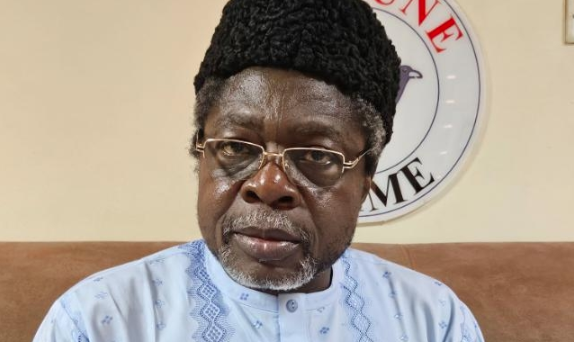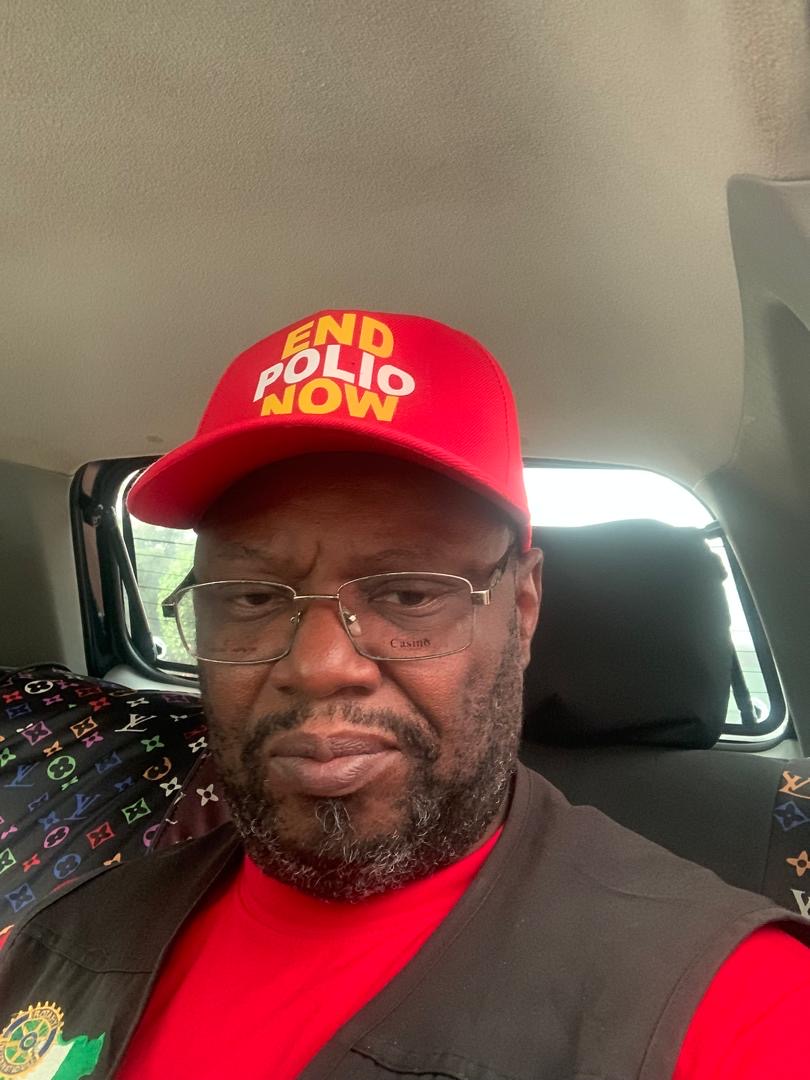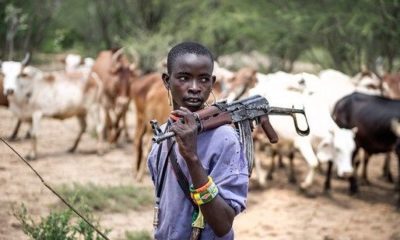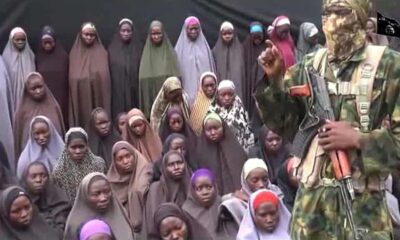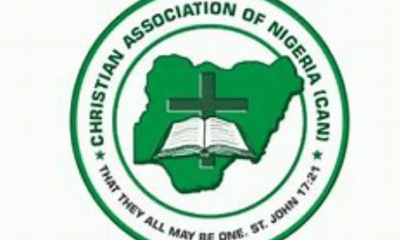I never thought I could attend the Eid prayer held on 10th April, a day after I clocked the definitive age of 60: I have now joined the senior citizens’ rank. Not being confident I could attend the Eid prayer seems an understatement; for actually, in February, the way I was feeling within me, it was looking to me that I would not witness Ramadan, not to talk of participating in the Eid marking its end.
I easily get exhausted from the littlest of tasks, making me always gasping for air to fill my lungs. It reached a stage where I could not walk ten metres without bending down, holding my knees and inhaling from both my mouth and nose.
It all came to a head when the news of the death of my mother reached me in the early hours of January, 8. I could not walk at the Nnamdi Azikiwe International Airport, Abuja which made the flight authorities move me in a wheelchair to the base of the plane, where I climbed the stairs with great effort, stopping at the plane’s entrance to gather myself.
The same routine was enacted when our plane landed at the Malam (don’t know why they spelt it MALLAM with a double l) Aminu Kano International Airport, where I had to be wheeled to the vehicle that conveyed me to Potiskum. To ease my difficulty, I had to be injected intravenously with bronchodilators on the three-hour journey.
Throughout the week I was at Potiskum for her seven-day prayers, I was ensconced in my room and couldn’t be at the family house where the main gathering took place. And I became dependent on my wives for many things a healthy person would do for himself.
And it is not as if I had not sought medical attention. God knows I had always advocated for our leaders to attend hospitals at home. I did the same. Some seven years ago I went to the Asokoro General Hospital where an x-ray was done for me. They said there was nothing wrong, but I knew something was wrong with me. Even then, I started feeling exhausted because I could not do what I normally did easily. And it had nothing to do with ageing.

I did some tests in some private laboratories, and the results were normal. Then I went to NISA Hospital in Abuja where I was looked after by a pulmonologist, Dr James Agada. It is not a run-of-the-mill hospital and not cheap, moreover, I paid for VIP treatment. Yet, my case kept deteriorating till I became almost an invalid.
Then I had an opportunity to visit my governor, Honourable Mai Mala Buni, over an issue that needed some clarifications and he saw my condition. He became alarmed and sought to know what happened. I explained what I could to him, including my voyage to hospitals here that were quick to give me a clean bill of health that I knew was not true.
He undertook the process to reverse the ailment and give me back some lost health. He got in touch with an agent, Shettima Alkali, a kind-hearted professional, who got me a visa to Saudi Arabia. Buni, a man of faith, said: “To be there, drinking the holy Zamzam water and praying at the Ka’aba itself would do you wonders.”
And so began my journey in search of health.
I left Nigeria on 12th February from the Malam Aminu Kano International Airport via Peace Air. I will talk about Air Peace and its wonderful, friendly crew another day.
As had become the norm, I was wheeled into the plane from Abuja to Kano to board the Saudi flight and at the Kano airport too I was wheeled into the plane. It was the same procedure at Jeddah Airport until I reached the apartment where I was to stay. Once there I found it easier and more convenient since I had my son, Abubakar Sadik, a big, strong fella to do the wheeling.
In Saudi Arabia, one goes through the healthcare system from the Primary Health Care Centres except if one wants to go straight to a private hospital. To conserve funds and also see how their system works, I started from the former despite my almost desperate condition.
However, if you are an Umrite (my coinage for one undergoing the Umrah), you have an inalienable right to be accepted and diagnosed in government hospitals free of charge, even though there are fee-paying options.
Relying on that right, I started by going to the Jeddah East General Hospital where various tests were carried out on me: blood tests, electrocardiogram (ECG), x-rays, computerised tomography (CT) scans, etc., and the results were good. With all health issues eliminated, everything pointed to problems to do with pulmonology.
Still, I went to a Primary Health Centre this time around. Their primary health centres are as equipped as our general hospitals, if not better. Being the entry point to the health system, every General Hospital has a PHC that refers patients to it. And so this one referred me to King Abdul Aziz General Hospital, Jeddah, where the same tests conducted at Jeddah East were repeated with the same conclusion.
With the certainty of what my ailment was, I left Jeddah for Madinah, arriving at Makkah the next day. I searched online for a good pulmonologist and each search result had one Egyptian, Dr Hebatullah Kamal Taha of Saudi-German Hospital, Makkah, coming up tops. She also comes a bit more expensive than the others. I then booked and paid for an appointment with her for the next day.
At exactly 10 am the next day, accompanied by my wife, Dr Aminat Zakari, and son wheeling me, I was ushered into Dr Heba’s office. A petite, friendly, middle-aged woman. After analysing the results from the two General Hospitals we went to in Jeddah, she made us do a test to ascertain the level of oxygen in my blood and then prescribed some drugs, telling us to return after five days.
Hassan Gimba is the Publisher and Editor-in-Chief of Neptune Prime.


